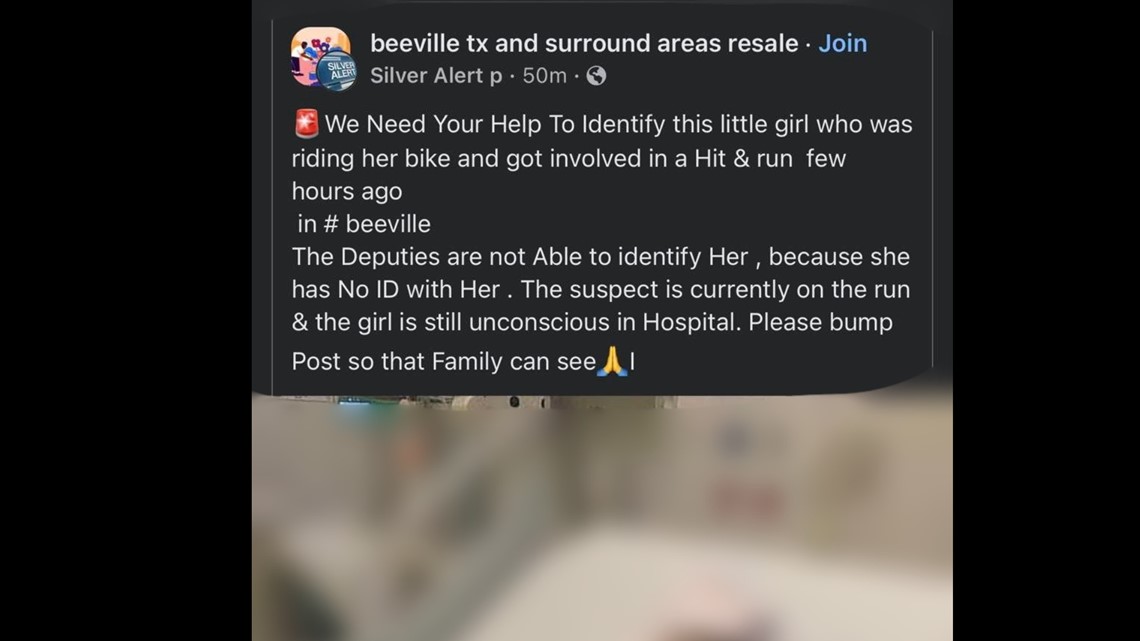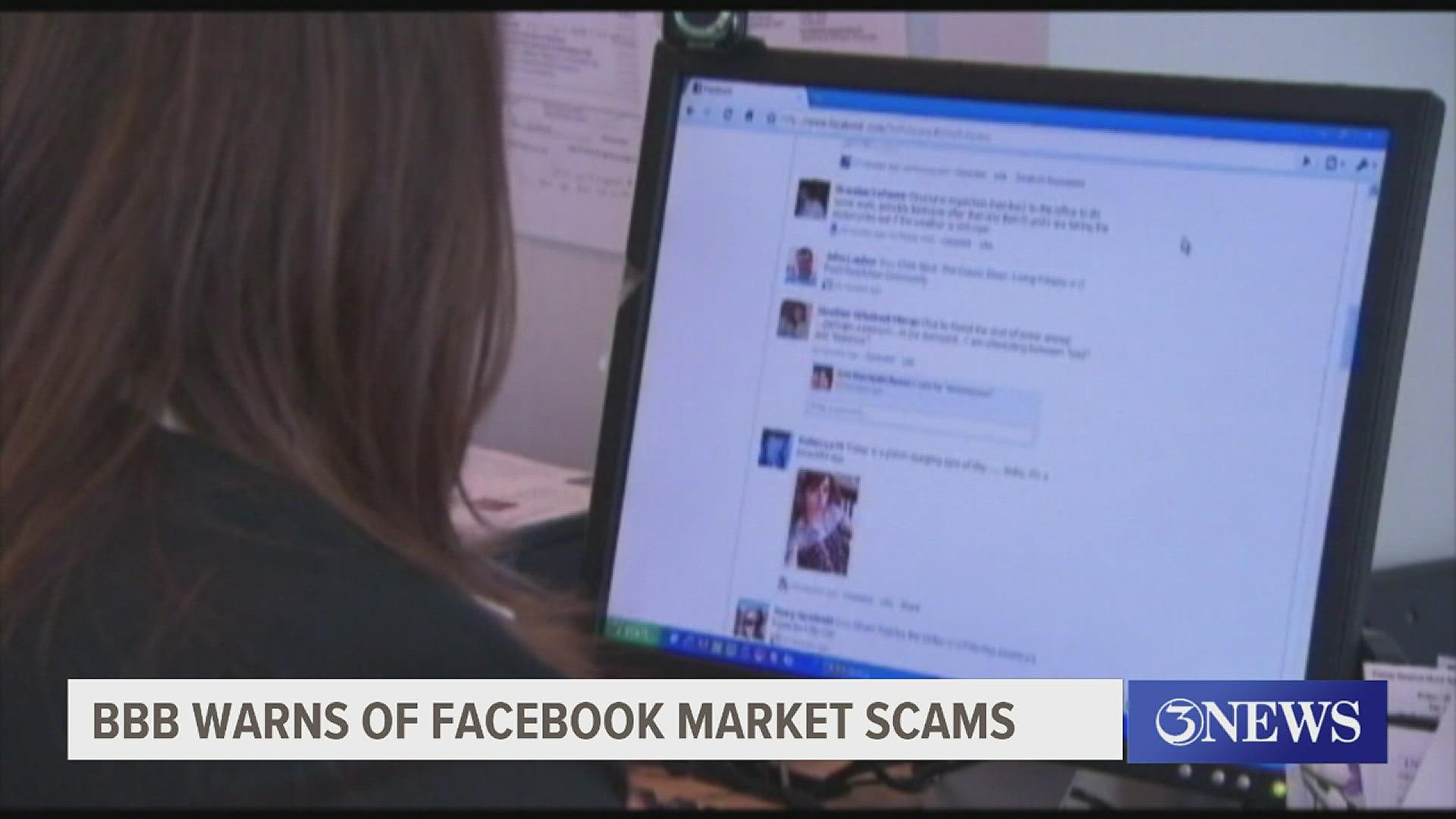CORPUS CHRISTI, Texas — Be careful what you share. The Better Business Bureau warns that scams in local buy-and-sell Facebook groups are on the rise and the scammers are banking on you sharing their fake posts, which are usually heartbreaking.
The posts are attention-grabbing and often pull at your heart strings. We at 3NEWS have seen the scam posts, including one that asked users to share to help find the parents of an injured, hospitalized child.


You want to help, so you share the post to your timeline. But after you share, the post turns into a deceptive rental ad or a survey that guarantees a cash payout-- all scams to try and get your hard earned money, the BBB said.


"Now, your friends think you have recommended that content," the BBB said. "These bait-and-switch ads aim to either get a deposit for a rental property before the user gets a chance to see the home- or get your personal information, which could lead to identity theft."
RELATED STORY: Post about toddler found wandering Kingsville apartment complex with no parents was a hoax
The Bee County Sheriff's Office has warned their community about the scams several times on their Facebook page. Entire Facebook groups have been created claiming to be Bee County community groups, but officials said they are all scams.
"This group has the same pictures and posts in each one of their pages for many different cities. They have posts of found dogs, missing people, and other posts that get your attention," a post from Bee County officials said. "DO NOT SHARE AND DO NOT JOIN THESE GROUPS!!"
Here's what the BBB recommends to avoid being scammed on Facebook:
- Do a bit of digging before resharing a post on your profile. Read the information carefully and look at the profile of the person who created and shared the original post. If the profile is from Florida but shared the post in a Canadian group, it may be a red flag of a bait-and-switch publication.
- Find out when the poster created the Facebook profile. Scammers always create profiles when their old one gets banned. If you click on their profile, it will tell you how long they have been a member of the group. You can also find additional information on their public profile.
- You should see it in the news. If a child goes missing or a tragedy occurs, you'll most likely see it on different news outlets or shared by law enforcement, not on a random post.
- Do a reverse image search on Google. That will allow you to find out if the pictures you saw were used on other ads or websites in different cities.
- Find similar posts. Copy and paste the text from the post into Facebook's search tool to see if other posts with the same text and different pictures show up.
- If you suspect a post is a scam, report it to Facebook.
One thing we noticed is the comments are usually disabled on these posts. You can share, but you cannot comment. This is usually a red flag.

